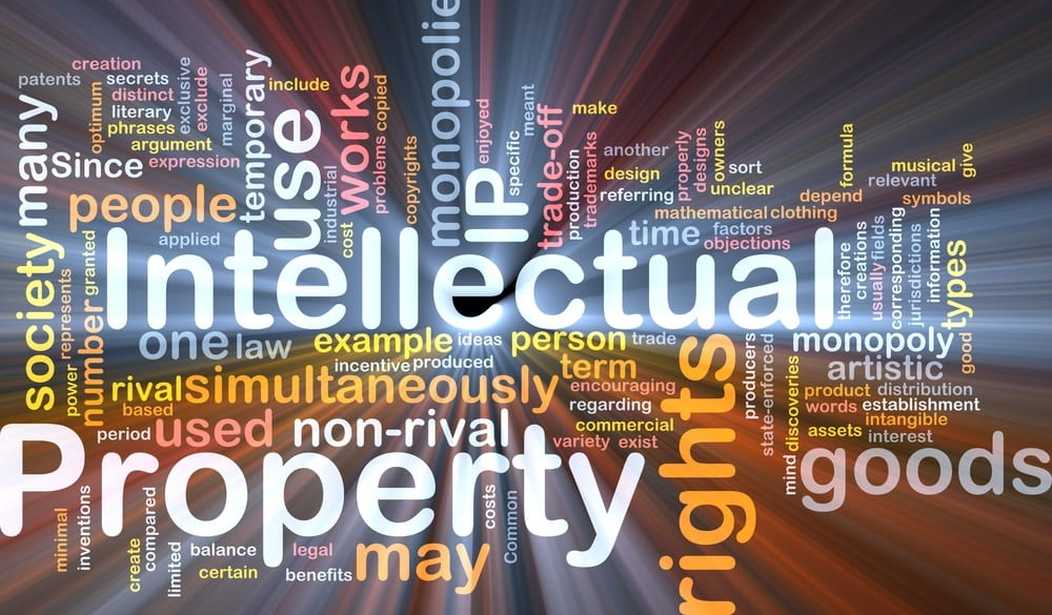We’ve written extensively about the bipartisan, awful, awfully mis-named Innovation and PATENT Acts. Bills which would undermine the ability of patent holders to protect their property from thieves. By making it exponentially more difficult for them to do the one thing they can to stop the thieves – sue them.
Which is awful for patent holders, property rights defenders – and people who still like the Constitution (see: the Copyright Clause). But it’s outstanding news for trial lawyers.
Suing to protect property isn’t a litigiousness problem. Making those lawsuits more complicated and more expensive – and thus needlessly, exponentially increasing billable hours – is a litigiousness problem.
Yet bills with Republican backing – are undermining property rights and enhancing and enriching trial lawyers. I can’t imagine why a Donald Trump exists.
But wait – there’s more. Quite similar Republican-co-sponsored legislative inanity is also under Congressional consideration – that will undermine property rights, while pumping up the lawyerly wallets of the world’s John Edwards’.
And it too has an Orwellian name – the CREATES Act. “CREATES” is an acronym for “Creating and Restoring Equal Access to Equivalent Samples Act of 2016.” The bill actually does…something else entirely.
Heinousness like:
“(T)he legislation…would add further complexity to an already challenging regulatory scheme for approving drugs.”
Just what we need to do – make getting government drug approval even harder and more expensive.
The Cost of Developing an FDA (Food and Drug Administration)-Approved Drug Is Truly Staggering: “Chances are you’re probably underestimating how much it really costs to take a drug from the lab to pharmacy shelves.”
Does the CREATES Act undermine patents? Of course it does.
“The CREATES Act would impose vague standards and draconian remedy provisions to force innovators to surrender their intellectual property rights for the benefit of generic competitors.”
And how does it do so? In large part by unleashing the trial lawyers.
“The CREATES Act proposes to prevent strategic exploitation of regulatory requirements by giving generic and biosimilar manufacturers their own strategic advantage in their negotiations with competitors – the threat of a lawsuit. The Act would give these follow–on developers the ability to sue their competitors to obtain samples of any drugs that they wish to use as references in testing for approval of generic and biosimilar versions. Follow–on drug developers could also sue their competitors to be allowed to share in existing distribution systems.”
All of which means: The drug creator gets to spend billions creating the drug, billions more getting it approved by the government and even more coin to develop its distribution systems. And then everyone else on the planet can simply sue their way to equal access to all of it.
That isn’t patent protection – that is patent evisceration.
Look – economics and human nature are immutable. Economics and human nature stipulate that if you can’t get a return on your investment of money, time and energy – you won’t make the investment of money, time and energy.
After the CREATES Act – that means we get no more new drugs. Which ain’t good for anyone.
This is yet another example of the maxim that isn’t practiced by Washington, D.C.- but should be. “Don’t just do something – stand there”:
“The Hatch-Waxman law and current pharmaceutical regulations are intended to strike a balance between incenting innovation and incenting a competitive pharmaceutical market that makes drugs more affordable. Flaws in the current market certainly exist, but, on net, the current regulations strike a reasonable balance between these goals. For instance, generic markets represented 89% of the total drugs dispensed in 2015, up from 61% in 2005. Additionally, drug innovations continue to flourish. For instance, in 2015, 45 new drugs were approved, up from an average of 28 between 2006 and 2014.”
Did you get that? Current laws and regs – passed and implemented to improve access to generic drugs – have improved access to generic drugs. And have done so without impeding new drug creation.
We’re at nigh 90% generic in the drug marketplace. That’s about as high as anyone can reasonably hope to get.
You start trying to carve away any more marketshare – and drug creation will inexorably suffer.
The generics have a more-than-healthy-enough hold on the sector. Let’s not have government give them any additional, artificial assistance.
To do so is terrible for patents, property rights, the Constitution – and anyone hoping for prescription cures and treatments not yet developed.
But the trial lawyers will love it.















Join the conversation as a VIP Member